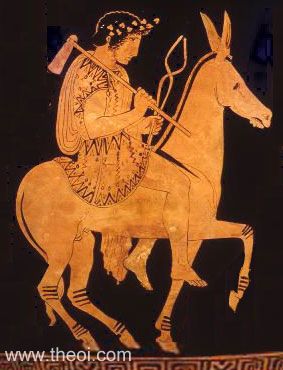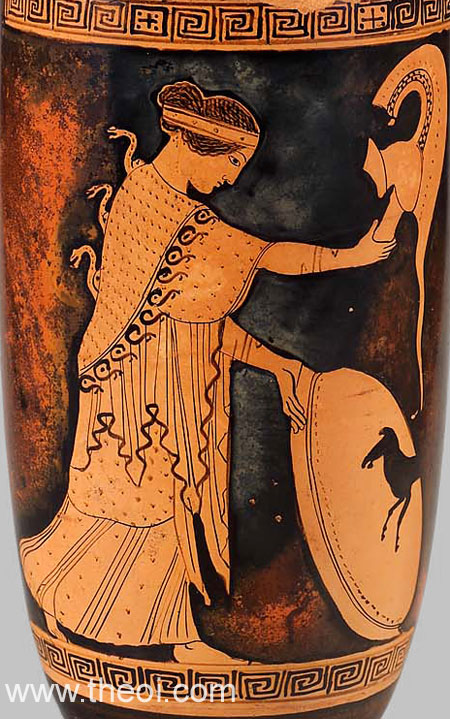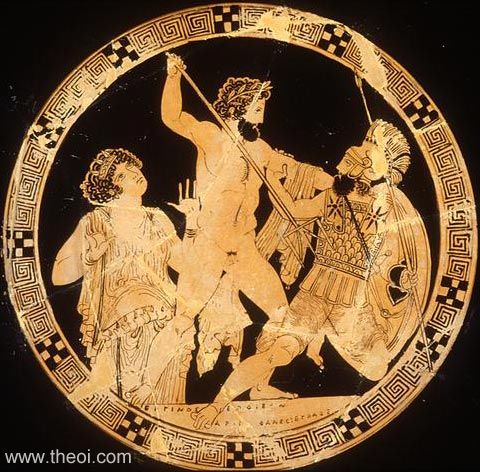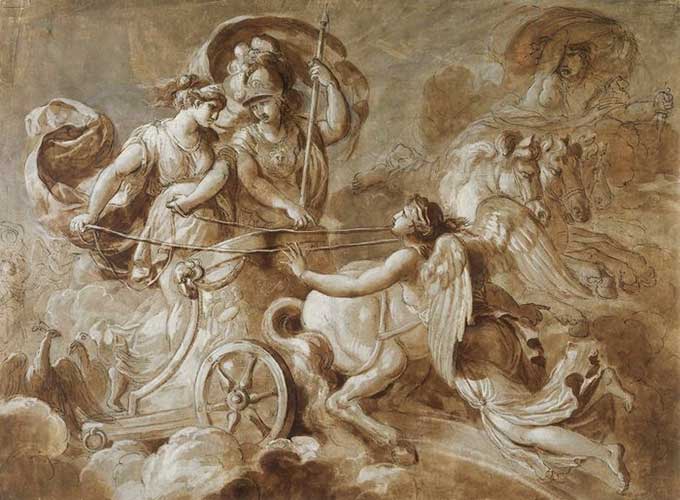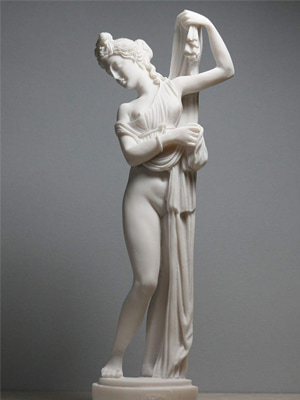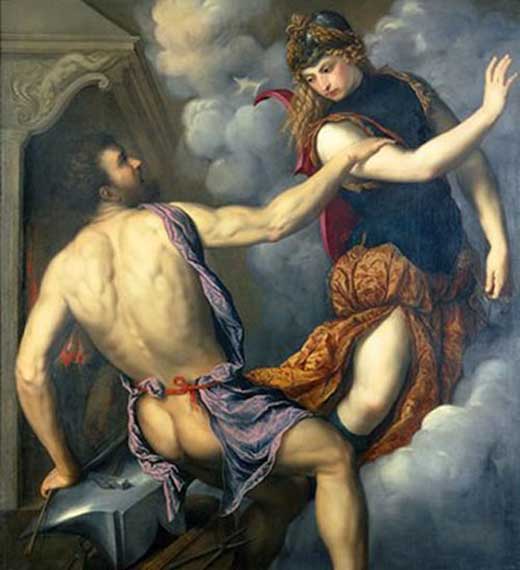Ares is the Greek god of war. He was one of three children of Olympians Zeus and Hera, making him one of the Twelve Olympians as well. As the god of war, the Greeks viewed Ares as a powerful god who had a quick temper and would display great violence.
Zeus even told Ares that he was the god who was most hateful towards him. Ares was married to the Greek goddess of love, Aphrodite, and he had many connections to the 12 labors of Hercules and played a role in many Greek myths.
1. The Children of Ares
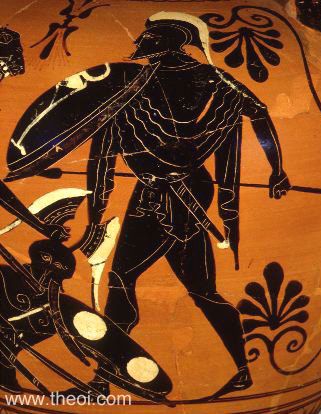
The first interesting fact of Ares, the Greek god of war, describes the two sets of very different children he had with Aphrodite. Ares would have two children that would represent and accompany him in war, while he would have two other children who were completely opposite and represented love.
Children of War
Ares had two children that would accompany him to war: Phobos and Deimos. Phobos personified fear, and Deimos personified terror. Ares would have Phobos and Deimos accompany him in battle because of the feelings they would bring upon the enemy before battle. Phobos and Deimos would also drive the chariot that his father would ride in.
Children of Love
Ares also had two children on the opposite end of the spectrum who represented love: Eros and Harmonia. Eros is the Greek god of love and represents passion and intimacy. Harmonia is the Greek goddess of harmony and concord.
2. Ares Caught in a Trap
While Aphrodite was married to Hephaestus, the Greek god of metalworking and blacksmithing, she had an affair with Ares. The Greek god of the sun, Helios, who was also known as the “all-seeing” god, saw Ares and Aphrodite in an embrace, so he went to tell Hephaestus.
Hephaestus, being the god of metalworking, constructs a net made out of golden chain-link that was so small that it was virtually invisible. When the time was right, Hephaestus deployed the chain-link net to catch the lovers in the act. To further their shame, Hephaestus asked the gods and goddesses to come and view the couple.
After they were shamed, Hephaestus finally let them go where Ares and Aphrodite each returned to their respective hometowns.
3. Athena and Ares
When Athena was born from Zeus’s head, she was born fully grown and dressed in armor ready for battle. While she is the Greek goddess of wisdom and knowledge, she is also known for her roles in various battles, specifically the Trojan War.
Athena was often more successful than Ares in war because she used her knowledge and wisdom to outsmart her opponents, whereas Ares would act impulsively and aggressively without forethought. This would often make Ares less successful in war, even though he was the Greek god of war.
In the Trojan War, Ares was on the Trojan side because of Aphrodite. She had a son, Aeneas, with the Trojan prince Anchises, making her side with the Trojans. Aphrodite convinced Ares to side with the Trojans even though the Olympians supported the Greeks in the Trojan War.
The Trojan War lasted 10 years until the battle of Troy took place. Odysseus, with the help of Athena, was able to lead the Greeks into Troy through the Trojan horse in which they were hiding. When the Greeks emerged from the Trojan horse, they fought the Trojans and won.
With the help of Athena, the Greeks were victorious in the Trojan War, while Ares and the Trojans were defeated.
